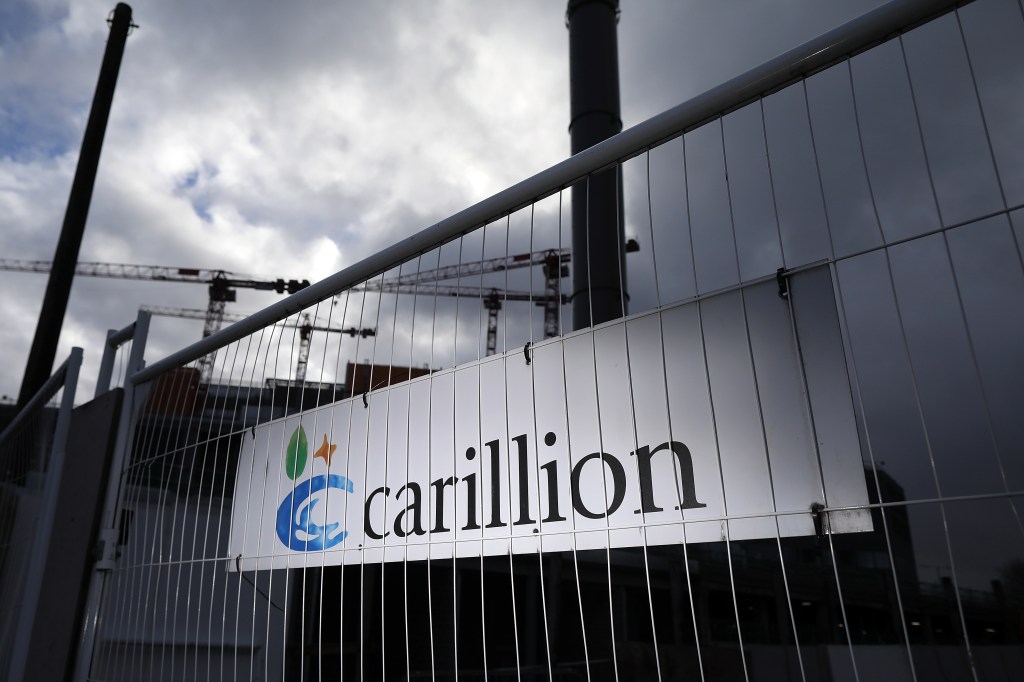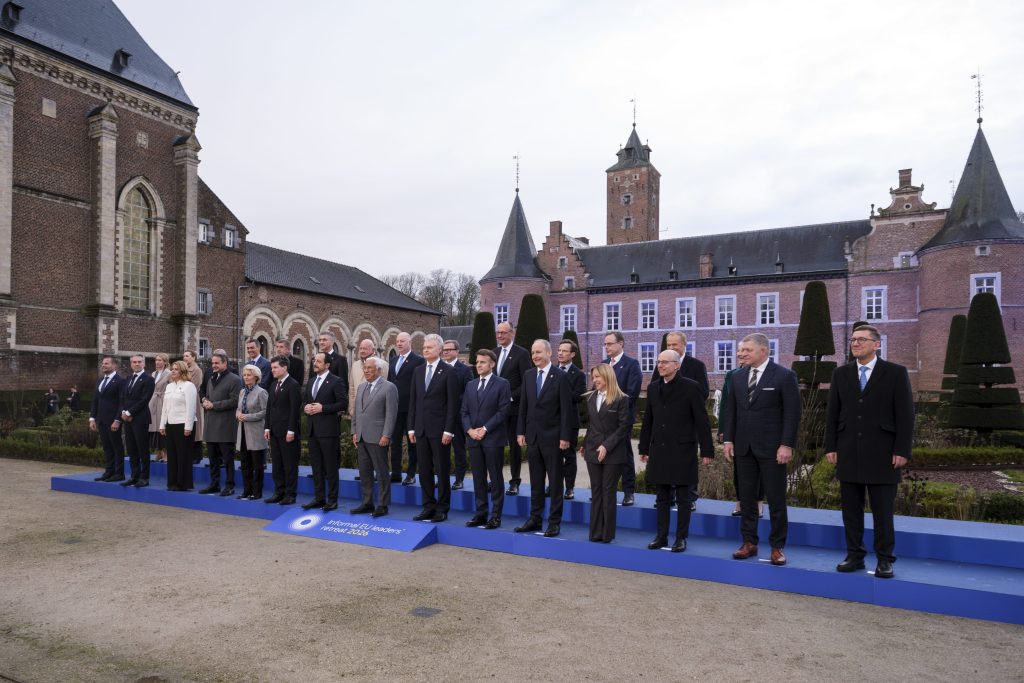We begin this week’s crypto wrap with news from London, where the Labour government has said it intends to introduce a bill that will ensure protection for individuals and firms who own bitcoins and other cryptocurrency.
According to the proposed bill, all types of digital assets, including cryptocurrencies, NFTs and
Register for free to keep reading
To continue reading this article and unlock full access to GRIP, register now. You’ll enjoy free access to all content until our subscription service launches in early 2026.
- Unlimited access to industry insights
- Stay on top of key rules and regulatory changes with our Rules Navigator
- Ad-free experience with no distractions
- Regular podcasts from trusted external experts
- Fresh compliance and regulatory content every day












